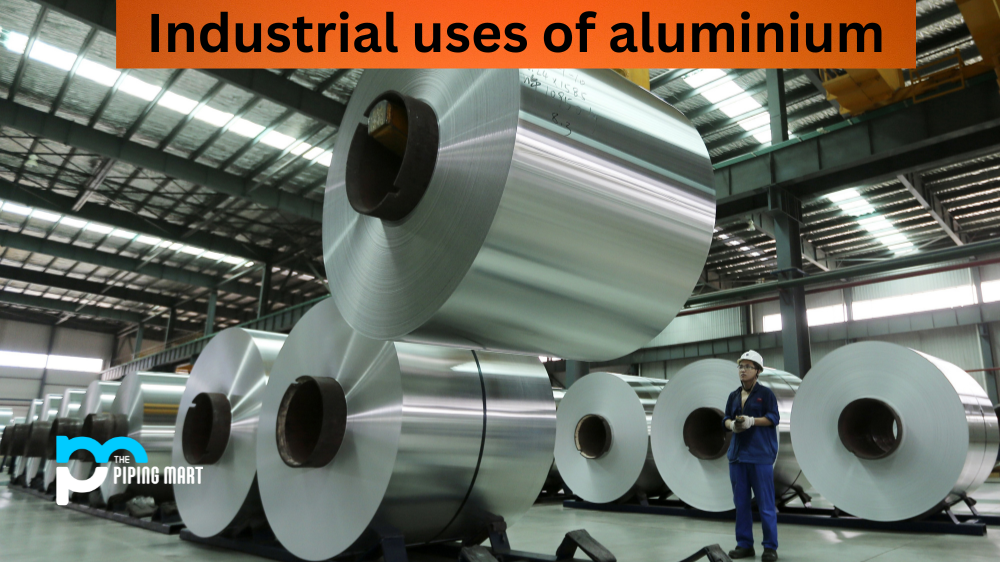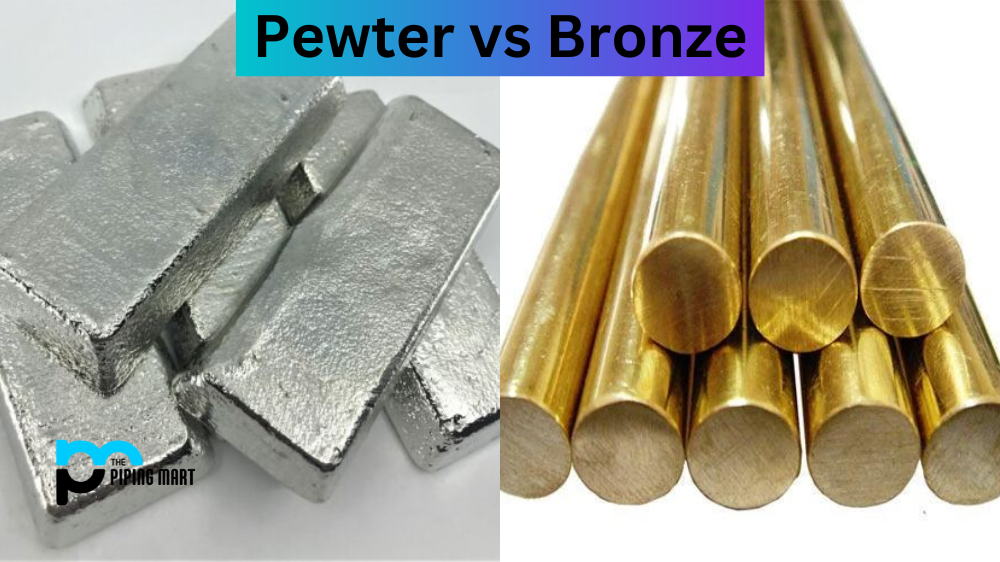Aluminium is one of the most versatile and widely used metals in the world. It has a variety of industrial applications due to its strength, lightweight, and corrosion resistance. In this blog post, we will explore some of the common industrial uses for aluminium.
Aluminium is commonly used in the construction and automotive manufacturing industries. It is a popular choice for roofs and building facades because it can be easily formed into any shape desired, making it ideal for creating unique designs. It is also used to create window frames and doors as well as other components such as gutters and downspouts. In the automotive industry, aluminium is used to make engine blocks, wheels, suspension components and exhaust systems due to its lightweight yet strong nature.
Aluminium also has many uses in electrical engineering due to its excellent conductivity properties. Its high thermal conductivity makes it an ideal material for heat sinks and power supplies. Aluminium is also often used in electronic circuits as an insulating material or protective coating on wires and other electronic components. Additionally, aluminium foil can be used to create airtight seals on food containers or packaging materials which help preserve the freshness of products while they are stored or shipped.
Finally, aluminium alloys are commonly used in aerospace engineering due to their high strength-to-weight ratio, which reduces overall aircraft weight without sacrificing structural integrity or performance capabilities. Due to their lightweight nature, aluminium alloys are also ideal for use in rocket motors where fuel efficiency and performance are essential factors for success.
Conclusion:
As you can see, aluminium plays an important role in many different industries around the globe due to its many useful properties such as strength, lightweight nature, corrosion resistance, malleability and thermal conductivity. For industrial businesses looking for reliable materials that can meet their specific requirements while offering superior performance capabilities at a reasonable cost – aluminium should be considered as a viable option!
Meet Heer, a dynamic and driven writer learning tricks of her trade in the metal industry. With a background in Digital Marketing, Heer brings a unique perspective to her writing, sharing valuable insights. Apart from blogging she like reading and hiking.




